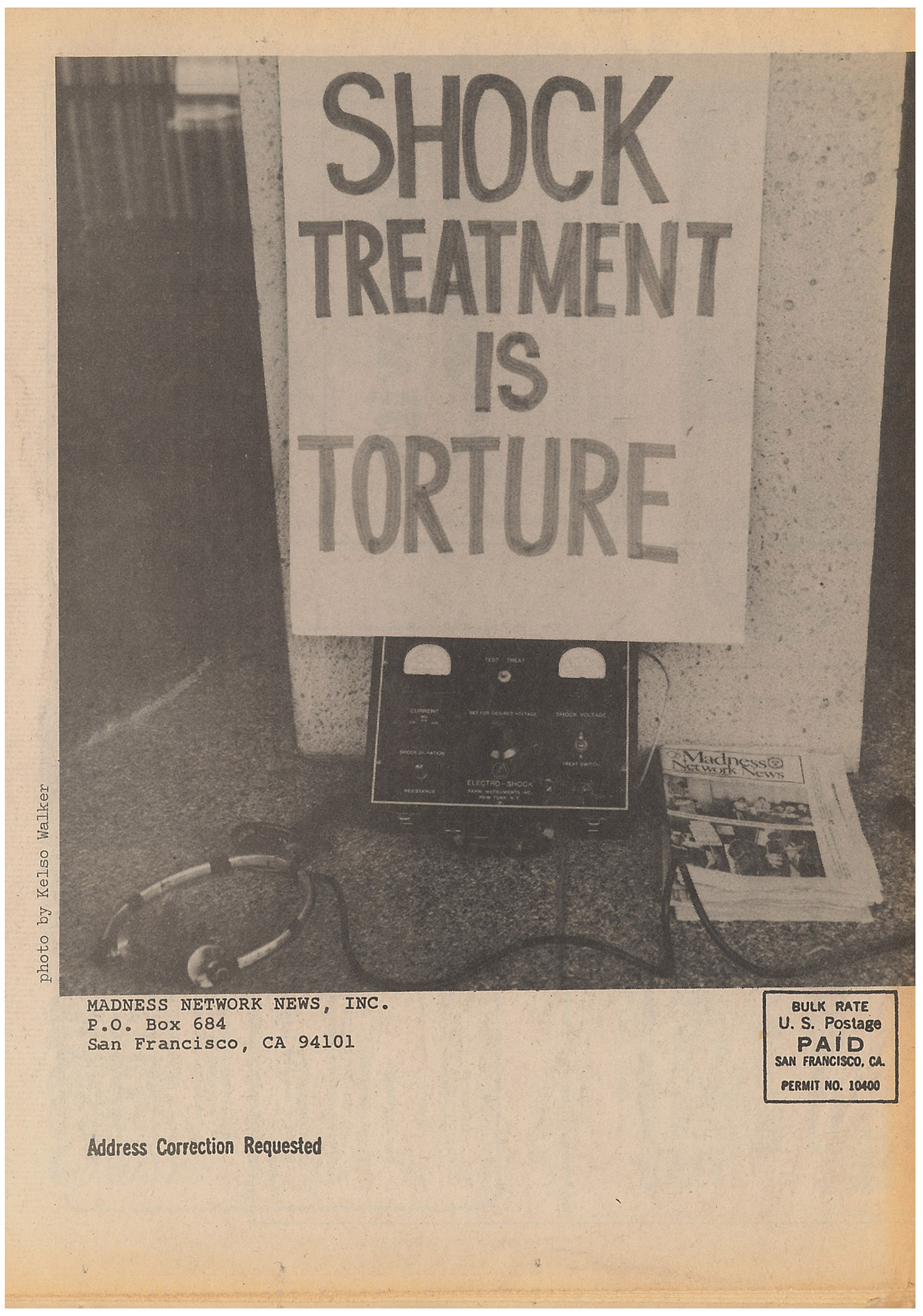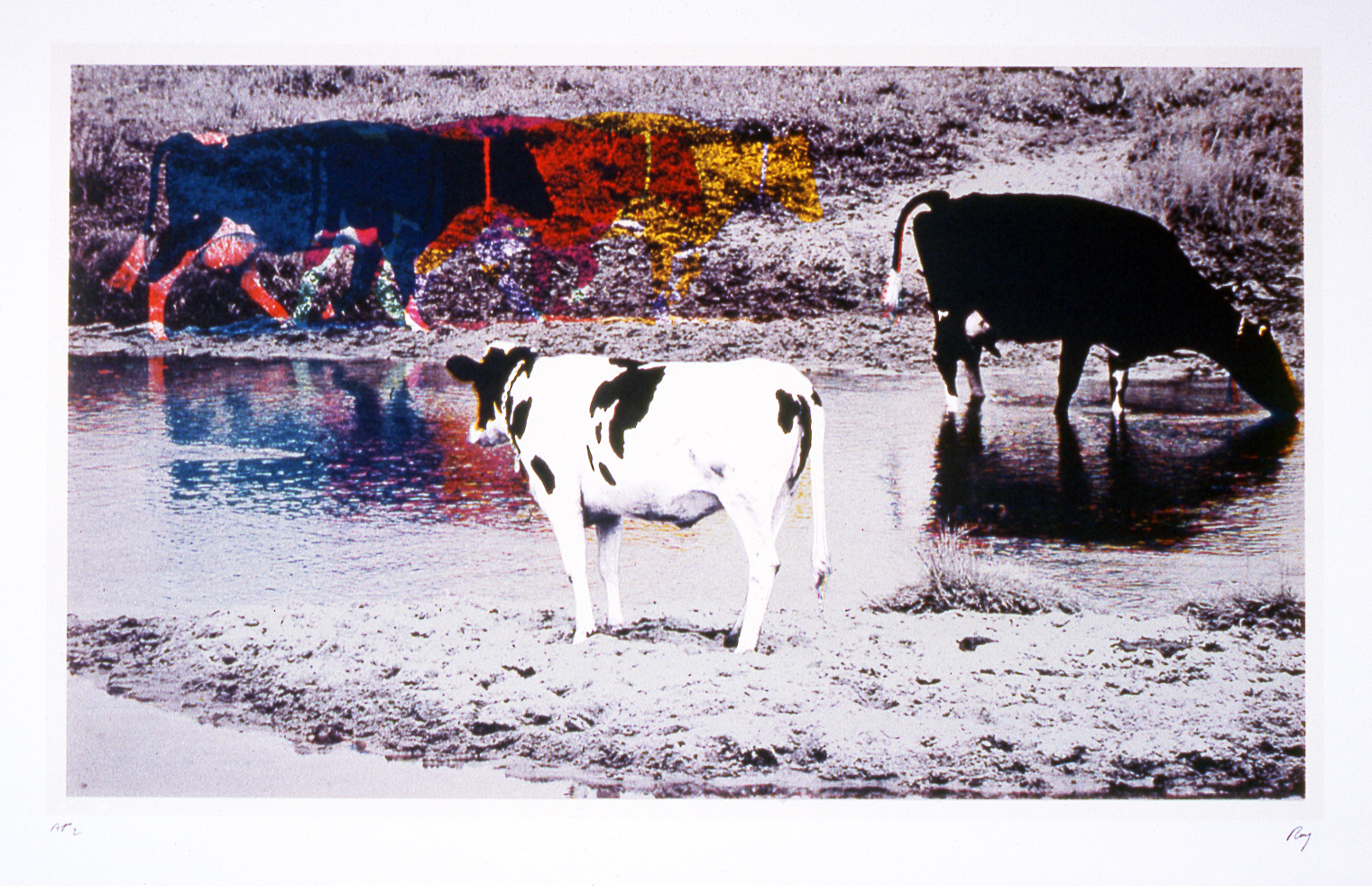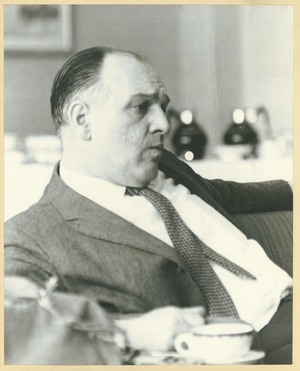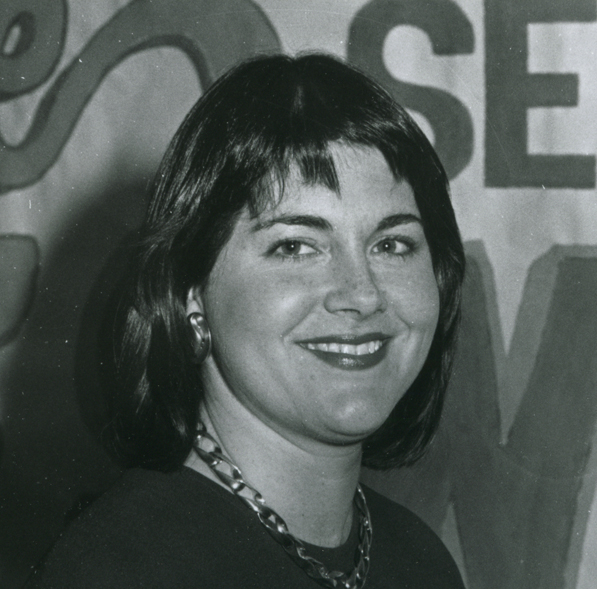Charles E. and M. Sybil Hartley Eshbach Papers
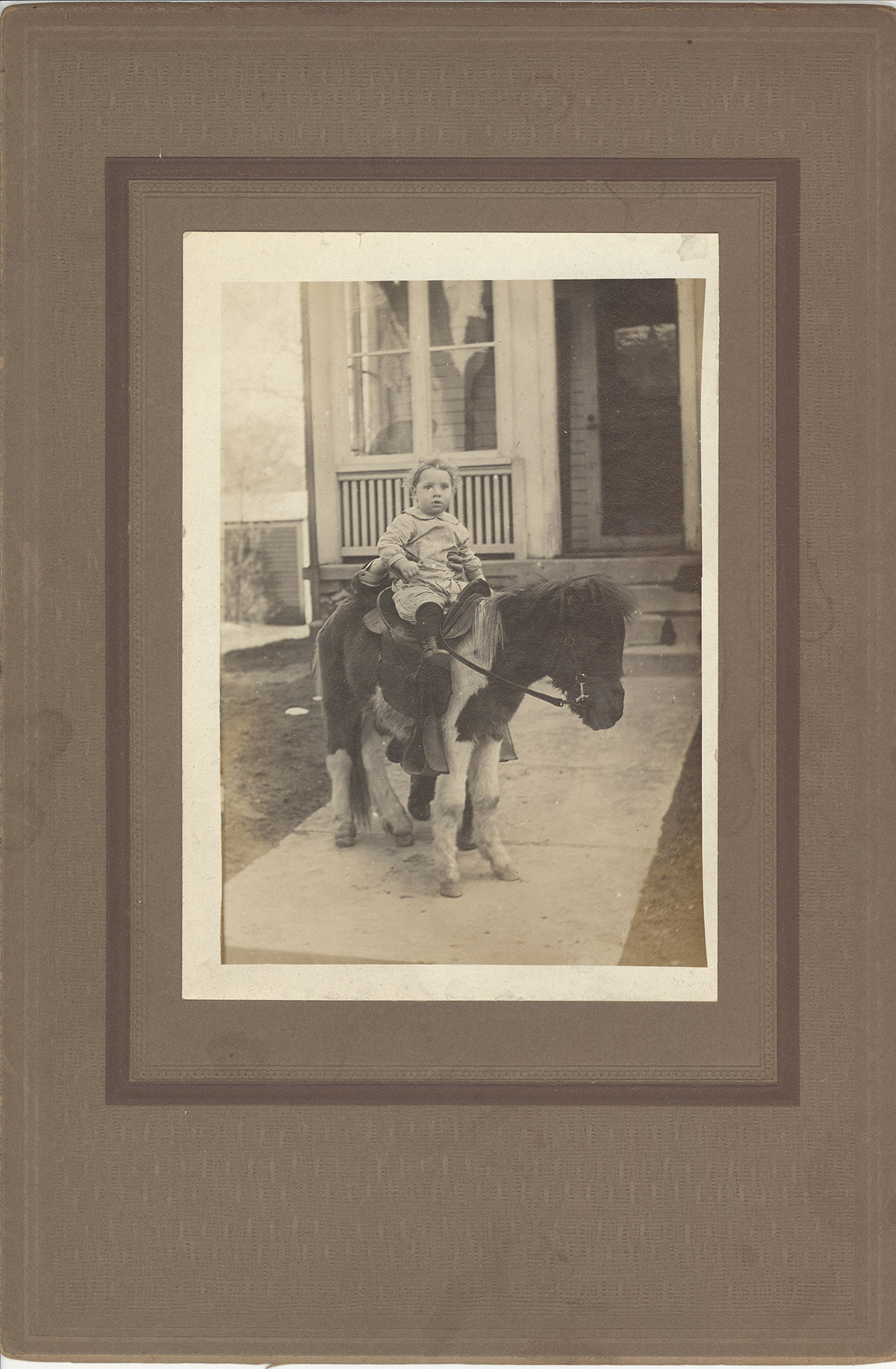
Charles Edgar Eshbach, Jr., a 1937 graduate of Massachusetts State College, and Maude Sybil Hartley met in late 1939, while she was a student at Simmons College and he was working for the New England Radio News Service, part of the USDA’s Agricultural Marketing Service. They soon began dating and in February 1941 were engaged. After graduating in 1942, Sybil lived at home in Rochester, Mass., and taught school. Charles was drafted and enlisted in the army December 30, 1942. Trained as a radio operator, he was assigned to the Army Air Force Technical Training Command’s 326th Signal Co. Wing. Charles and Sybil married in September of 1943, and by November, Charles was in England, part of the 67th Fighter Wing stationed at Walcot Hall in Lincolnshire. Although not in combat, Charles rose to the rank of Technical Sergeant. He returned to the U.S. in December 1945. He and Sybil moved to Weymouth and had four children. Charles was appointed professor of Agricultural Economics at UMass in 1959. The family moved to Amherst in 1964, as Charles’ department was transforming into the Hotel, Restaurant and Travel Administration Department. He taught at UMass until 1986, when he retired. He died in 1997. Sybil worked at the University store for thirty years and died in 2009.
Consisting chiefly of their letters to each other, the Eshbach Papers vividly document the courtship and early married life of Charles and Sybil, particularly during their long separation, against a wartime backdrop. The collection also contains diaries, photograph albums, loose photographs, histories and rosters from Charles’ army unit, and a variety of ephemera and memorabilia such as ration tickets, receipts, programs, and Charles’ army badges and dog tags.

